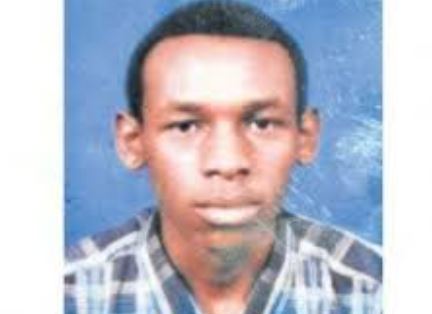×
The Standard e-Paper
Kenya’s Boldest Voice

Sila Jeffrey Ndungi- Kenyan jailed in the US. [Courtesy]
The government has attached bank accounts of a Kenyan jailed in the United States for hacking and stealing Sh434 million from the US government.